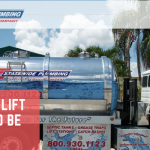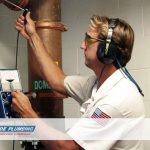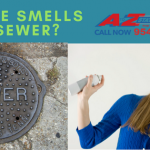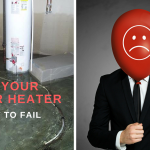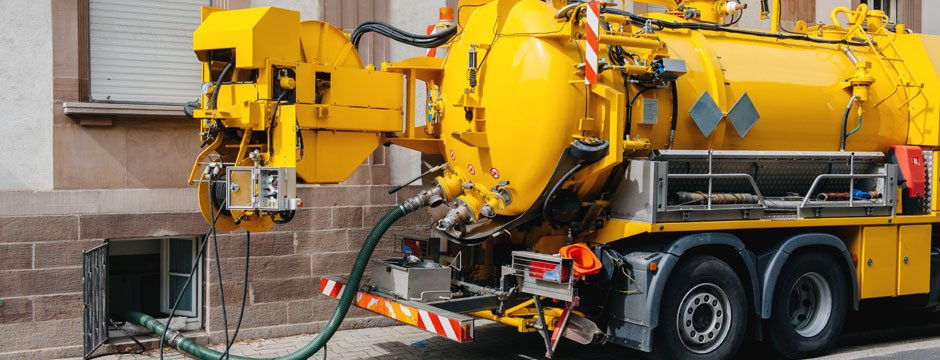
A well-maintained, properly functioning grease trap prevents restaurant grease waste from contaminating the municipal water system. If grease enters the city water system, it can cause serious problems. According to the EPA, blockages in sewer pipes cause the majority of the 400,000 sewer backups that occur annually in the United States. The EPA has also determined that the leading cause of sewer blockages is grease. Since restaurants produce a significant amount of grease waste, it is necessary that restaurant grease waste is disposed of properly. That is what a commercial grade grease trap and a reliable grease trap company in Hollywood, FL can do for you.
What is a Grease Trap?
Essentially, a grease trap (also known as a grease interceptor) is a large underground container designed to collect liquid waste and facilitate passive separation of fats, oils, and grease (FOGs) from other liquid waste. A standard passive grease trap is comprised of two separate compartments, called tanks. A crossover pipe, positioned at an angle connects the primary and secondary tanks. The secondary tank has an outgoing pipeline that connects to the city sewer lines.
How Does a Grease Trap Work?
All the waste collected from the restaurant drains are deposited into the first, or primary tank of the trap. In this tank, the FOGs in the waste separate from the water and float to the top. There may also be small food or other solid particulates that will gather at the bottom of the tank. The liquid waste from the primary tank transfers to the secondary tank via the crossover pipe. Though most of the FOGs remain behind in the primary tank, the secondary tank provides another opportunity for any remaining FOGs to separate out. From the secondary tank, the liquid waste then enters the city sewer system through the outgoing pipe.
Grease Trap Maintenance and Services
While the separation of FOGs from restaurant waste happens passively in the grease trap, the remaining grease waste must be emptied and disposed of safely. Even with regularly pumping out the grease trap, residual grease can adhere to the walls of the tank and pipes and build up over time. As a result, a restaurant grease trap needs to be cleaned and serviced regularly to ensure long-term reliability.
At A to Z Statewide Plumbing, we understand the importance of keeping restaurant grease waste collection out of our municipal water systems. When we service your grease trap, we don’t just skim off the grease. At each service, we will scrape residual grease off the trap walls and power-wash your entire grease trap including the sidewalls, bottom, inlet and outlet pipes, and trap baffles.
We provide much more than standard pumping services and will work with you to keep grease waste from causing sewer blockages and backups in our local sewer systems. If you are looking for a grease trap company that is committed to comprehensive grease waste management, contact A to Z Statewide Plumbing today.


